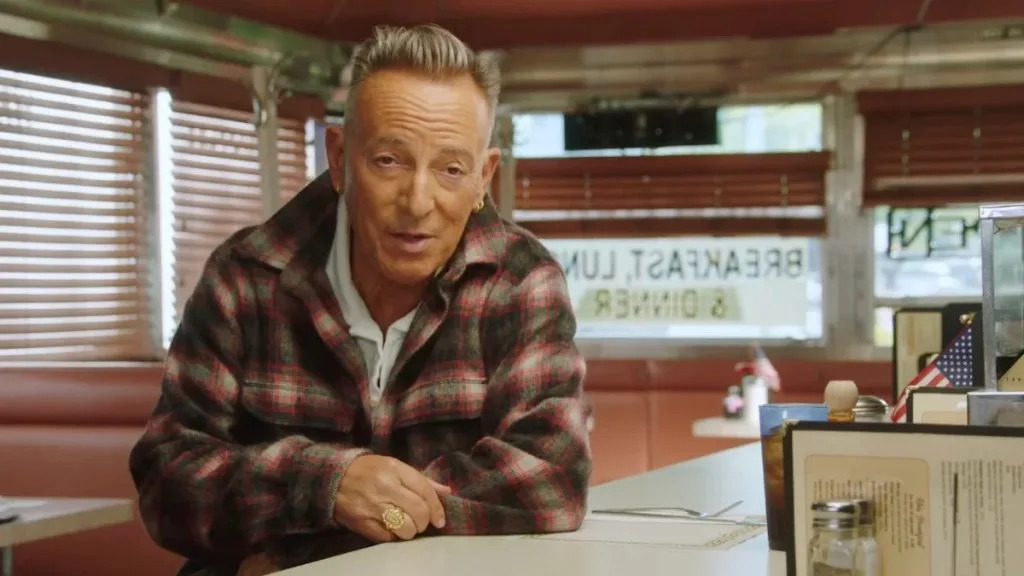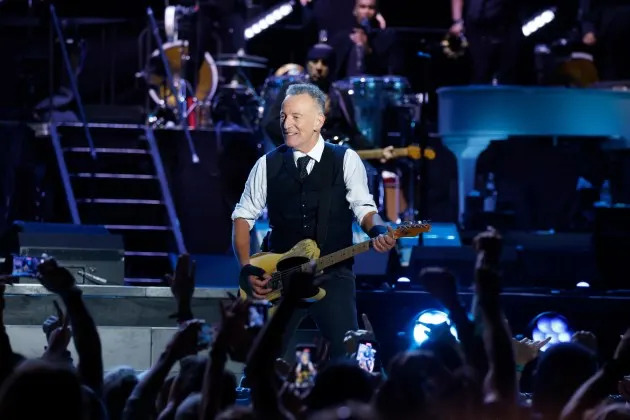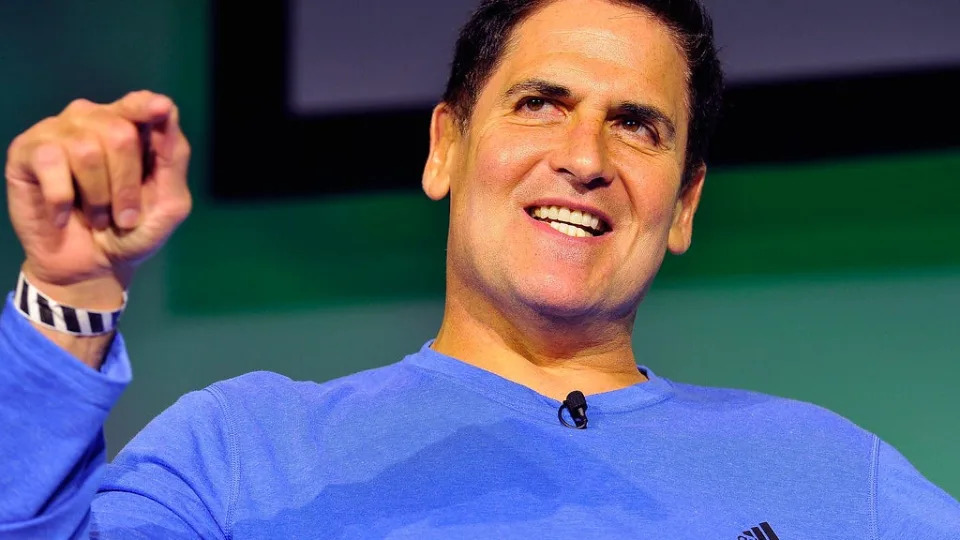Declan Desmond
Sun, October 6, 2024

Stock image of a firefighter using the Jaws of Life.
Credit: Ethan via Flickr
The union representing thousands of firefighters, paramedics and dispatchers in Minnesota has officially endorsed Kamala Harris for president — a move that comes after the International Association of Fire Fighters (IAFF) declined to endorse any candidate in the 2024 race.
Based in St. Louis Park, the Minnesota Professional Fire Fighters (MPFF) announced its decision Thursday, saying the Harris-Walz ticket has shown a "dedication to public safety and its track record of supporting first responders":
“Vice President Kamala Harris and Governor Tim Walz have demonstrated time and again that they understand the challenges firefighters face,” said MPFF President Scott Vadnais in a statement. “From securing better healthcare and mental health services to ensuring that fire departments are well-resourced, they have been steadfast allies to Minnesota’s fire fighters. We believe that under their leadership, our profession and the communities we serve will be safer and stronger.”
The decision by the IAFF not to endorse Harris is significant in that it was among the first unions to back Joe Biden in his quest for the 2020 presidential nomination, as Politico notes.
The organization said Thursday that the IAFF Executive Board voted by a margin of 1.2% not to support either candidate in 2024, adding that the decision came after they took "unprecedented steps to hear our members’ views on the candidates and the policy issues that matter most to them."
This closely mirrors last month's bombshell announcement that the International Brotherhood of Teamsters — also breaking with the tradition of endorsing Democrats — would not be backing any presidential candidate in 2024.
Like the IAFF, the Teamsters cited its polling of rank-and-file Teamsters members, which showed that "a majority of voting members twice selected Trump for a possible Teamsters endorsement over Harris."
The Minnesota Teamsters — like many other state-level Teamsters across the country — also broke from its national counterpart in the wake of the announcement, endorsing Harris and calling her and her running mate, Gov. Tim Walz, "proven champions for Union workers."
Additionally, other major labor unions like the AFL-CIO, United Auto Workers and the Nevada Culinary Workers Union have also announced their support for Harris.




















